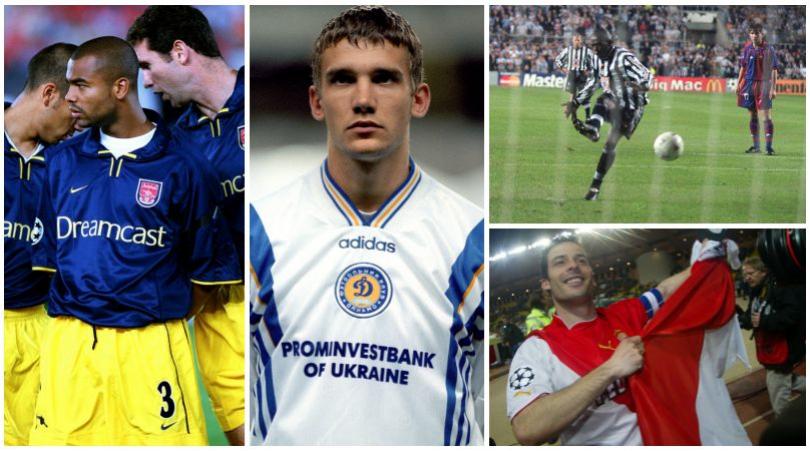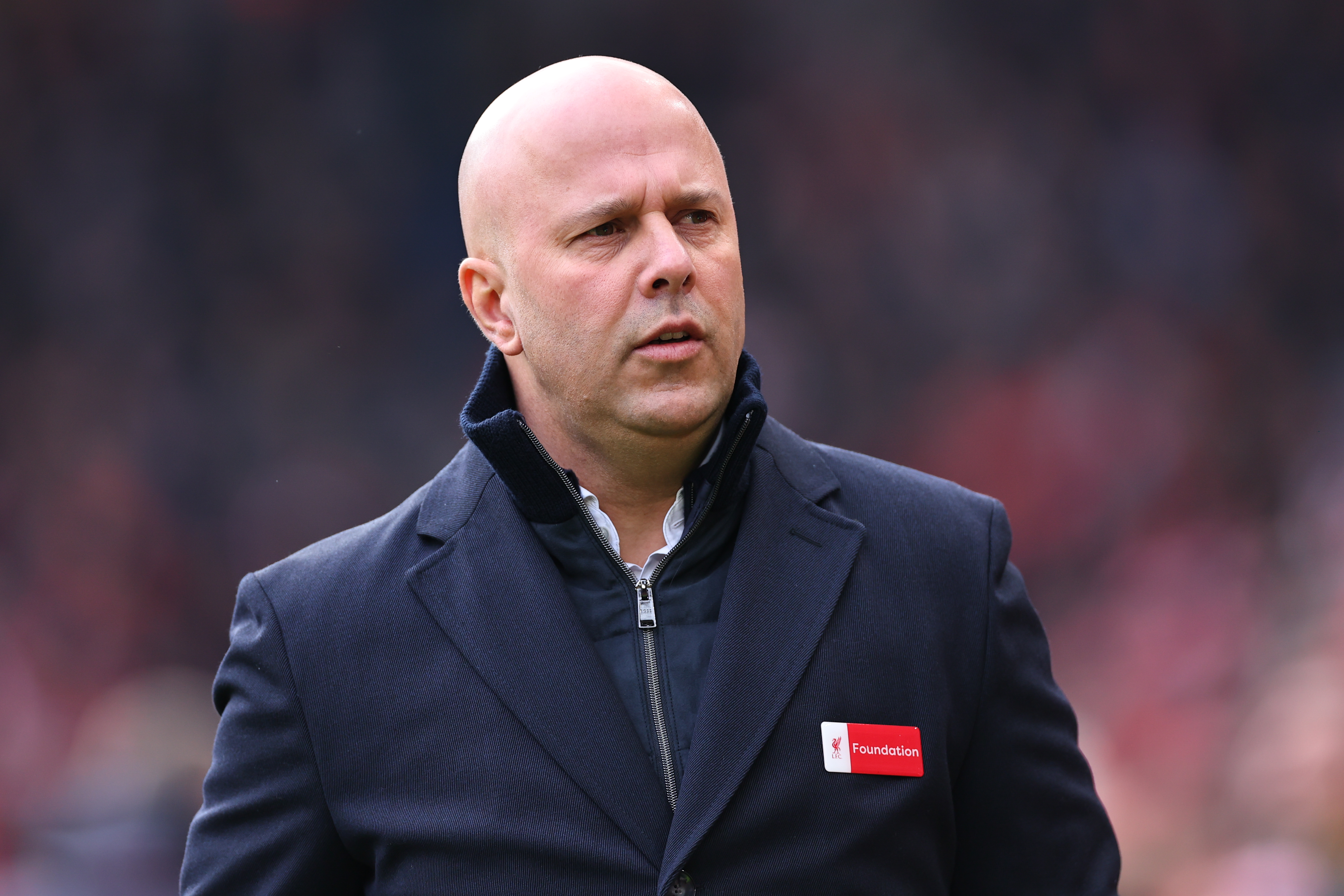How much does Europe really care about the Europa League?
Liverpool and Spurs might secretly grumble at having to play in the continent's second competition, but as Robert O'Connor discovers, they'd be almost alone in doing so...
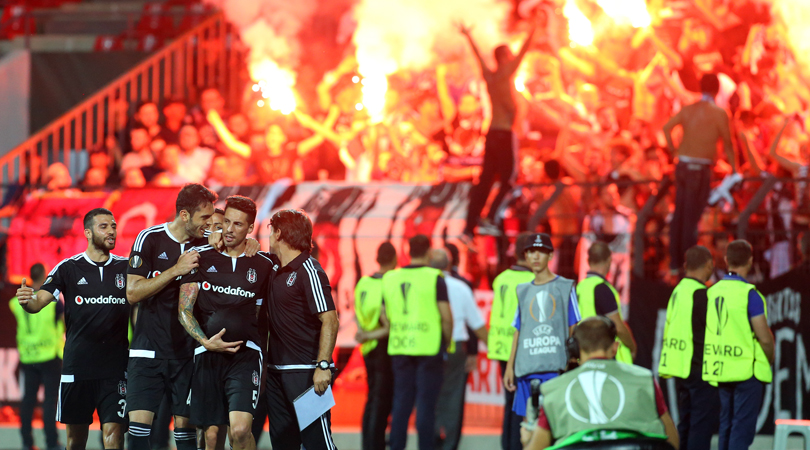
“In Britain it seems to be like, ‘If it ain’t Champions League it ain’t worth a thing’. For us it’s different.” As the sun dips behind the main stand on this August evening, it feels like there could hardly be a more fitting venue for the final step on this winding road towards the Europa League.
Freshly modernised yet steeped in tradition, the Lerkendal Stadium has reflected mostly on former glories in recent seasons. But if by around 10pm its tenants Rosenborg have overcome Romania’s Steaua in Europe’s secondary competition, and subsequently booked a place in the group stage by doing so, there will be a renewed sense of optimism felt at the home of Norway’s most successful side. Europa League qualification is, in this part of the world, something of a biggie.
Doing it for the kids
We have plenty of young local players in our team right now, but unless they get a chance to play regular European football they will leave
Espen Viken has been coming to the Lerkendal for 40 years. He was also at San Siro the night his team won 2-1 against Milan in 1997, yet before kick-off against Steaua he is under no illusion about what is at stake for his team. “The Europa League is hugely important to us,” he says, taking his seat inside the ground. “It’s massive. We need to be playing matches against players of a European standard if our team is to progress. We have plenty of young local players in our team right now, but unless they get a chance to play regular European football they will leave too soon. To keep them together we need to be a part of the system, and to Rosenborg right now that means the Europa League.”
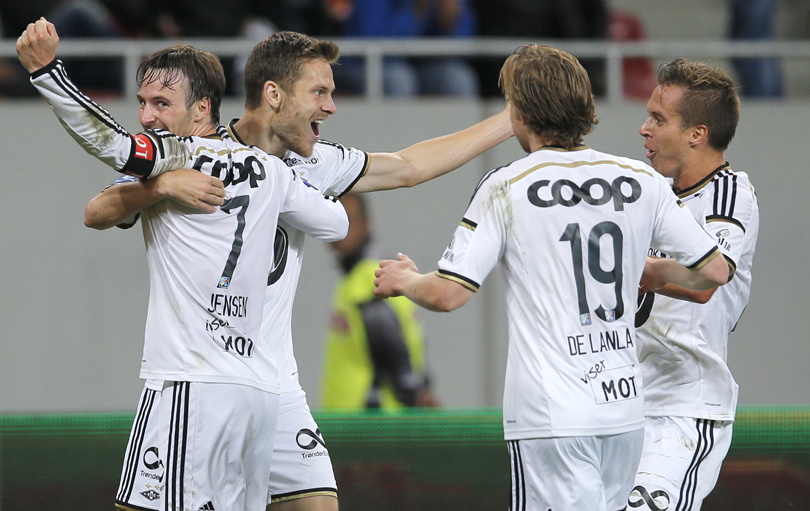
Rosenborg fall behind early in the second half when Romania international Adrian Popa slots home, but a 3-0 victory in Bucharest a week earlier has them well on course for the coveted group stage. Their opponents have already acknowledged that failure to make the cut will mark a devastating blow.
“Our goal is to be playing in at least the Europa League every year because it so affects our business in the transfer market,” says Steaua sporting director Mirel Radoi before kick-off. “The prospect of being a part of these matches is very important for every player. We had seven players leave this summer. Also, the image of Romania in Europe will be affected without the Europa League.”
Across Europe it seems to be the same story. Over in Split, Croatian Damir Buric is a man with regrets. Despite having sat on the bench as assistant to Sami Hyypia with Bayer Leverkusen in the Champions League as recently as 2011, he was left devastated after his Hajduk side were denied a place in this season’s Europa League group stage by Slovan Liberec of the Czech Republic.
Get FourFourTwo Newsletter
The best features, fun and footballing quizzes, straight to your inbox every week.
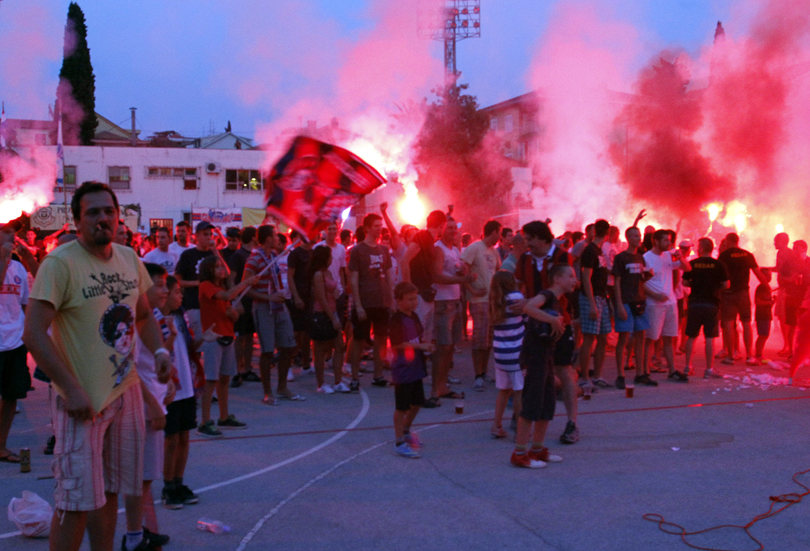
Today we have young team with two of the most talented teenagers in Croatia. So you see, we need the Europa League
“Qualifying into the Europa League would have been such a great success for Hajduk,” he says, following the 2-0 defeat that crushed his dream. “Hajduk had been always known for being a club which produces players. Today we have a young team with two of the most talented teenagers in Croatia: Andrija Balic and Nikola Vlasic. So you see, we need the Europa League.” In Hungary, Budapest’s Videoton came within a whisker of the Champions League group stage but the 4-0 hammering by Poland’s Lech Poznan that knocked them out of the Europa League last month was a blow that the commercial arm of the club could scarcely withstand.
“Three years ago all the group matches and even the play-off game against Trabzonspor were a feast of football for Videoton fans,” remembers sporting director Zoltan Kovacs. “Of course, media attention would have been higher and our sponsors would be more satisfied if we’d made it to the group stage. If we’d have been talking about games against teams like Liverpool or Schalke, commercially that’s massive for us.”
Aiming high
Inside the Lerkendal, the atmosphere is fizzing. The ground is only two-thirds full but the place has a way of locking in and amplifying sound, as the Rosenborg faithful summon up 50 years of European history and send it rocketing around the ground in great waves. Real Madrid have lost on this ground, and in recent memory, too (November 1997).
“We’re a member-owned club,” Viken tells FFT, “and part of the mandate was always that we would aim to be a top 50 club in Europe. In the last 10 years that’s had to change because our level has dropped, but now we’re looking at pulling it up again. And it starts here, in the Europa League.”
It looks a tall order based on tonight’s performance. Rosenborg’s football is laboured and slow, and Steaua live comfortably with their hosts’ predictable forward play.
Memories of the side that knocked out Milan en route to the quarter-finals in 1996 are just that – memories – and a return to Italy later this month to face Lazio in the Europa League group stage will be a struggle.
There they’ll likely face Lazio defender Lorik Cana, no longer a regular for the Serie A outfit but a possible starter in what could be a weakened Europa League side. His hopes of a season in the Champions League were dashed when Leverkusen knocked the Rome side out in the qualifiers.
“We just hoped we would be lucky enough to pass into the Champions League groups,” he says. “I’ve played there before and it really is something special. Obviously what has happened isn’t what we wanted.”
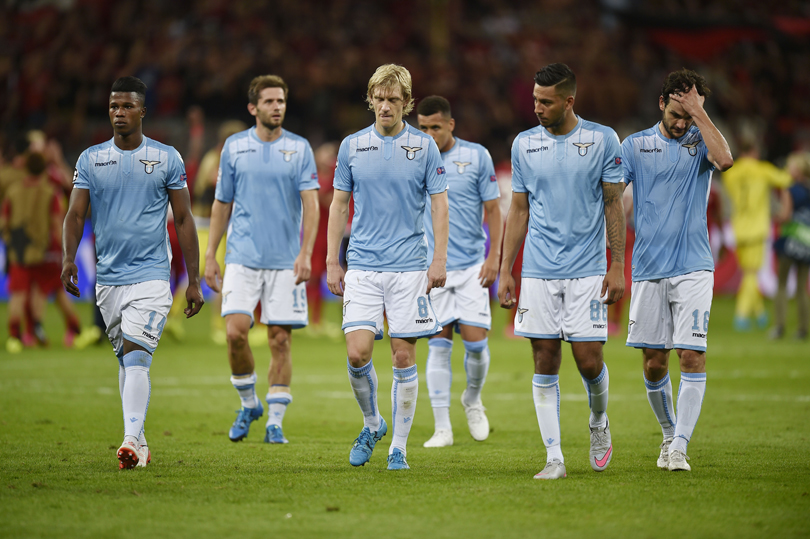
Odd adventure
An unwanted spot on Europe’s B-list for Lazio, then, but for some just getting a shot at Europa League qualification is a major victory. Norway’s Odd went into their play-off round match against the mighty Borussia Dortmund feeling like their wildest dreams of sharing a stage with Europe’s finest had already been realised. Chief executive Einar Handlykken felt this marked his club’s arrival on the footballing map.
“Even getting this far has been huge for us,” he said before the first leg in Grenland, echoing a now-familiar response. “From a football perspective, a fan perspective and a commercial perspective it’s been massive. For us it’s been a hell of an adventure just to make it to the play-offs. Dortmund is sold out, but we could have sold out two or three times over, easily.
There’s so much money at stake that for a club like Odd we would be stupid not to prioritise it
"A couple of years ago the status of the Europa wasn’t that high, but now there’s so much money at stake that for a club like Odd we would be stupid not to prioritise it,” he adds, demonstrating that all is relative when it comes to balancing the books at different levels of the European game. “There’s a whole different tempo about the side on European nights. The fans have been calling it our Odd adventure.” Adventure is certainly the word; after a 3-0 lead against Dortmund turned into an 11-5 aggregate defeat, there will be few fans who will be forgetting this season’s Europa League in a hurry.
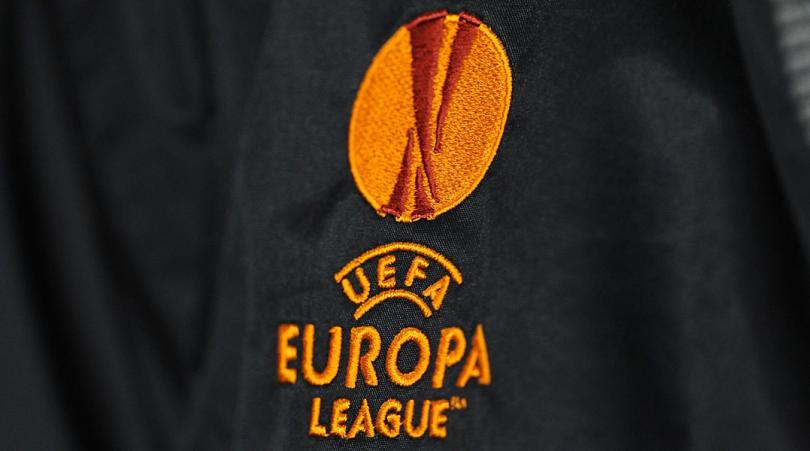
FEATURE 8 ways to save the Europa League
It seems that one of the competition’s major selling points is the appeal it holds for fans who would otherwise never see the likes of Dortmund visit their cities. Back in Split, Damir Buric believes these European nights provide an added richness to the experience of following some of Europe’s less-heralded sides.
“Hajduk fans' interest for European matches is enormous, no matter who the opponent is. Hajduk's Stadion Poljud is sold out regardless of whether it's some team from Estonia, Norway or someone from the top European leagues. Ten days ahead of the home match against Slovan Liberec we had already sold 20,000 tickets. We get just a few thousand usually.”
Full-time at the Lerkendal delivers a 3-1 aggregate win for Rosenborg, meaning group stage trips to Rome, Saint-Etienne and Dnipro for Viken and his cohort as autumn crawls into winter. “We’ve played so well this season and that makes the Europa League a very exciting prospect for all these supporters,” he remarks as the ground empties. “I think perhaps you’re a little bit spoilt in England.”
